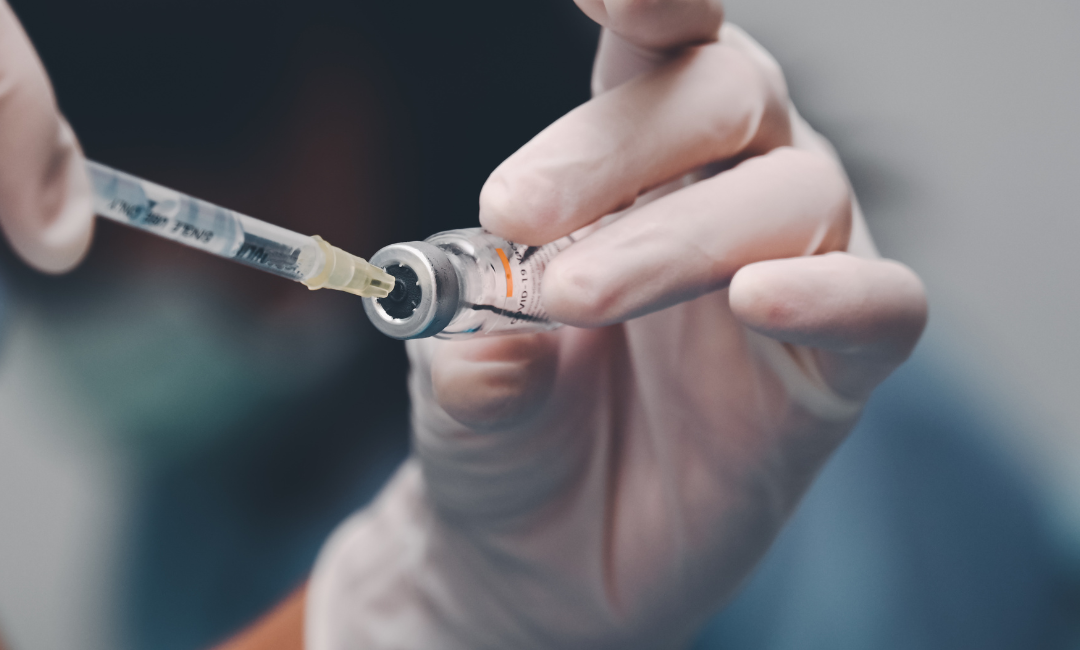What is Intimate Partner Violence?
Intimate partner violence includes physical and emotional abuse, stalking, and sexual violence.
Intimate partner violence affects millions of people in the United States each year. Data from Centers for Disease Control and Prevention’s National Intimate Partner and Sexual Violence Survey (NISVS) states:
- About 41% of women and 26% of men experienced contact sexual violence, physical violence, or stalking by an intimate partner during their lifetime and reported a related impact.
- More than 61 million women and 53 million men have experienced psychological aggression by an intimate partner in their lifetime.
Due to the amount of people affected by intimate partner violence, it is imperative for nurses to identify and report possible abuse as quickly as possible
Signs of Intimate Partner Violence
Signs of intimate partner violence are not always obvious. Abusers and their victims can go to great lengths to hide abuse, making it harder to identify.
Less Obvious Signs of Potential Abuse:
- Unexplained injuries.
- Repeated visits for minor medical problems.
- Repeated visits for anxiety or depression.
The patient may also present with physical reactions to trauma such as:
- GI issues
- Chest pain
- Headaches
A partner who attempts to control the medical appointment, such as speaking for the patient, could also signal an abusive relationship. If possible, try to speak with the patient privately.
Starting the Conversation
According to AMN Healthcare, there are several questions nurses can ask to determine the appropriate action. Before starting the conversation, ensure your patient feels comfortable and assure them you’re there to help not to cause trouble. Pay close attention to the words you use so you don’t unintentionally blame the victim.
Identifying Needs
To learn about the patient’s potential needs, start by asking how everything is at home.
If the patient replies, ask a more critical question with caution, such as, “Are you worried about your safety?”
If the patient is not receptive to this question, try to frame a new question in a more indirect manner, such as, “You appear to be showing signs of anxiety. Is anything bothering you?”
Even if the patient is not receptive to questioning, determining if they’re experiencing domestic violence, and communicating the best response, will help you be an advocate
When providing care to domestic violence survivors, it may be difficult to know the “right” thing to say. Nurses can provide support in many ways, but the most important is listening. Specific phrases that are helpful include, “I believe you,” “It is not your fault,” and “You are not alone.” Avoiding judgment and offering supportive resources are also vital.









